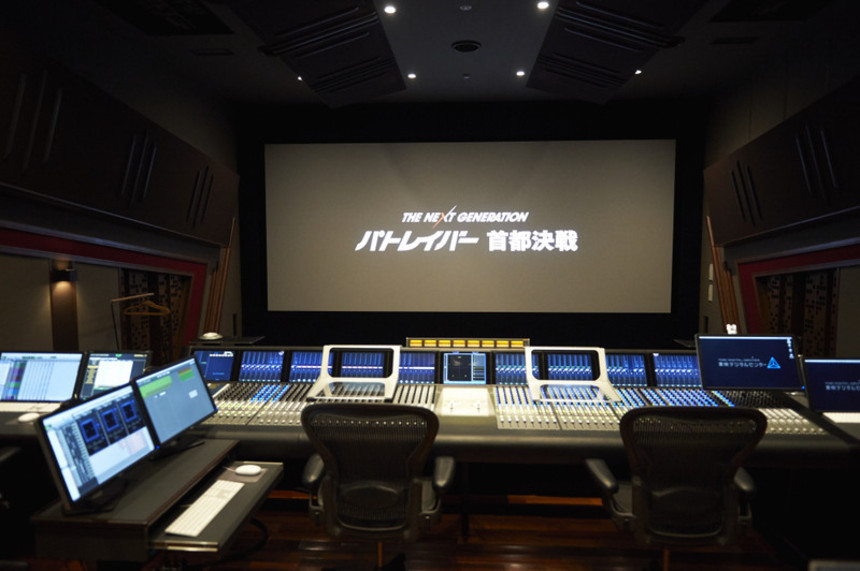Adventures in the Japanese Film Industry #2: Overseas Posting

A well-known Japanese director, whose characters often prefer to run than talk, has just completed post on his latest film. It's a deceptively simple but powerful return to form, which I'm hoping is granted an auspicious international premiere later this year. The team recently wrapped an unusually long (by Japanese standards) post-production period in Western Europe. "Doing post there was fantastic. I'll go back for my next film, too," he enthused.
Doing post overseas is not unheard for Japanese co-productions. Naomi Kawase has done full or partial post in Paris for her France-backed work. Then there's Kiyoshi Kurosawa's upcoming The Woman in the Silver Plate, which also posted in France (less surprising as it's a fully French production in terms of location, cast, and language). Going back in film history, Nagisa Oshima's In the Realm of the Senses had to be posted overseas to bypass censorship (France to the rescue again!) Having just completed our own Europe-Japan co-prod a few months ago, there was an involved discussion early in the year about where post should be carried out. The Baltics? (The best facilities and people seem to be scattered among the region's three nations). Thailand? (Where Wong Kar-wai does his films). Japan? (Not with all the travel and accommodation costs it would entail). We eventually settled on Czechoslovakia, which offered Hollywood quality colour and sound work for realistic prices. Indeed, HW productions often descend on Prague to put the ribbons on their tentpoles.
Nonetheless, it's still relatively rare for Japanese-language live action features to post in the west. Why would they? The workflow here runs like a well-oiled machine, founded on strong business relationships and loyalties. The facilities themselves (Imagica, Toho, Toei Digital Center etc.) are excellent, and fully equipped. The staff are very helpful -- they've saved our ass on occasion. But as is true of the J-film industry itself, the post sector hasn't had to fiercely compete for domestic business, nor try to match some perceived global standard. It's also pretty expensive.
"Why do [modern] Japanese films look cheap?" is not an uncommon criticism. There are certainly directors who pay great attention to color (Sion Sono and Tetsuya Nakashima being two easy examples), sound design (Kiyoshi Kurosawa and Shinya Tsukamoto are two exemplars) and mise-en-scène (Kawase, Yamada, Kore-eda, Obayashi, Iwai and many others) but frankly lots of dramas and comedies just look and sound...anemic. It's not usually the fault of equipment or art direction, but rather lighting setups, camera settings, and colour correction that heavily favour flatter, brighter TV standards. The crews often come from TV backgrounds anyway. Those inky blacks you love so much in anamorphic 60s productions? No go. Perhaps not as many days are spent on sound design, either. Do we need to hear Godzilla's toenail scraping against concrete? Maybe that level of resolution isn't necessary, but seeing the Parasyte series outfitted with Hollywood-style foley work (courtesy of Goro Koyama) was an ear-opener. We were lucky to have our friend Goro work on our humble production, and damn if it didn't make a difference.
Should comparisons to Hollywood even be made in the first place?
Is the quaity of modern Korean cinema outshining Japan's (indeed, channeling what used to make J-cinema great)?
Is it fine the way it is? Are there examples of Japanese post (particularly in animation) that are to be admired?
Does it just come down to the film-maker?
I'm looking forward to the dream-like imagery and sound in the movie mentioned at the outset. I wonder if spending that much time and effort in a different work environment will give it that something extra...






